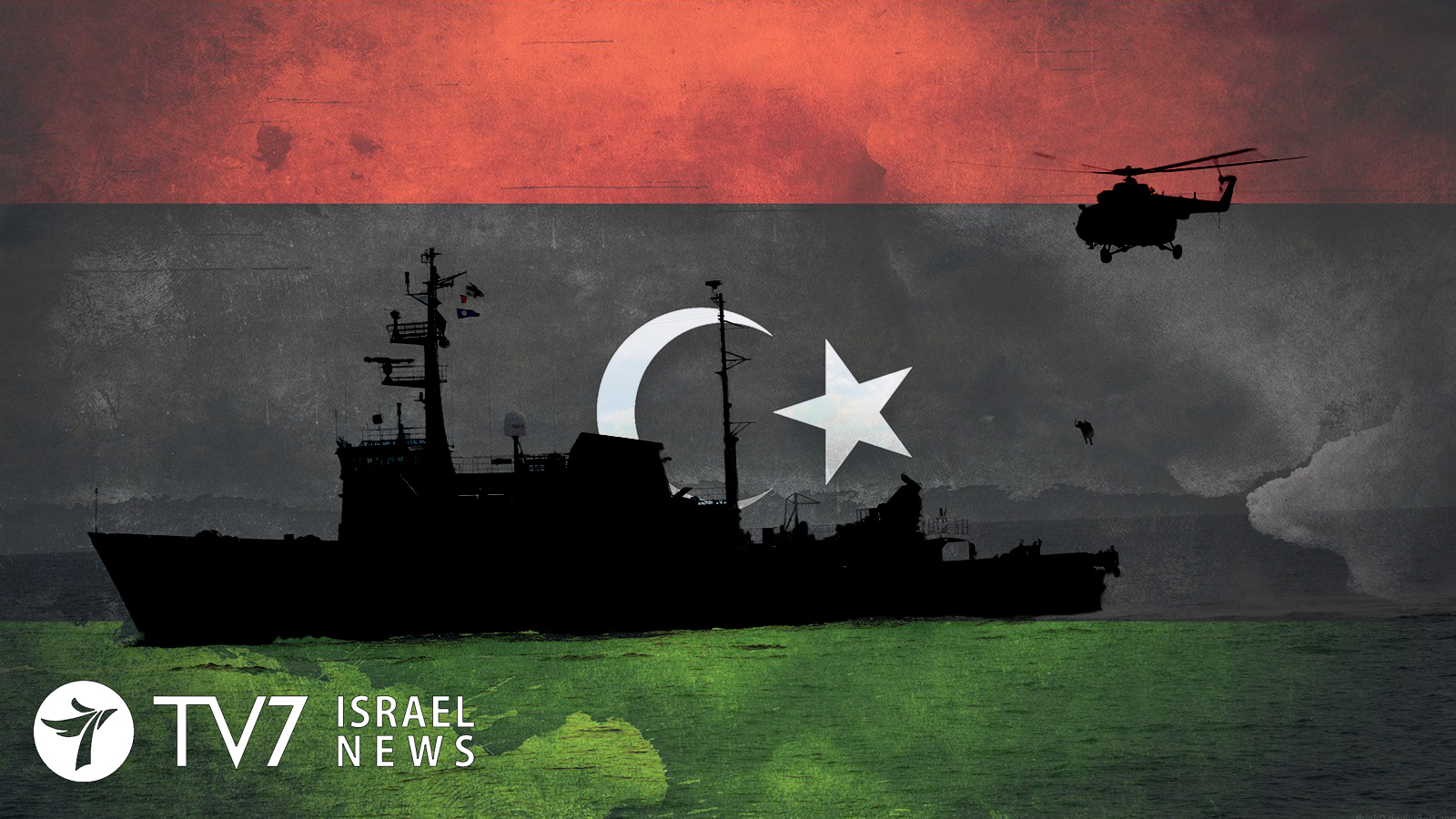The European Union has finally agreed on the launching of a new naval and air mission in the eastern Mediterranean, for the purpose of stopping arms from reaching warring factions in conflict-ridden Libya. The breakthrough decision came Monday (17 February) in Brussels, after Austria lifted its veto.
The decision marks a after weeks of relentless negotiations and warnings from EU’s High Representative for Foreign Affairs and Security Josep Borrell that the bloc risks becoming irrelevant if it does not take action – which could potentially leave Libya‘s fate to Turkey and Russia.
“Finally, we all agree as member states to create a mission that blocks the entrance of arms to Libya,” Italian Foreign Minister Luigi di Maio told reporters following a meeting in Brussels, in reference to the UN arms embargo first imposed in 2011 but today largely no longer honored.
“Libya is also about the security of Europe. So, everyone must be aware that we have to make a contribution to ensure our security here in Europe,” said German Foreign Minister Heiko Maas, adding that “Those who are thinking about migration must realize that the problems of migration can only be solved when Libya is no longer a failed state, when there is a security structure with which we can work.”
EU ships will stop and search any suspicious vessels in the eastern Mediterranean Sea in areas commonly used for weapons-smuggling, at a distance away from migrant routes, diplomats said; in a bid to allay Vienna’s concerns that such a naval mission might facilitate a new wave of migration to Europe.
Borrell voiced his hope that the first EU patrols could begin by the end of next month, first in international and not Libyan waters. The EU Foreign Policy Chief also made it clear that the 27-member bloc of European states could not be expected to secure the land border between Egypt and Libya land border, through which artillery is still being delivered.
